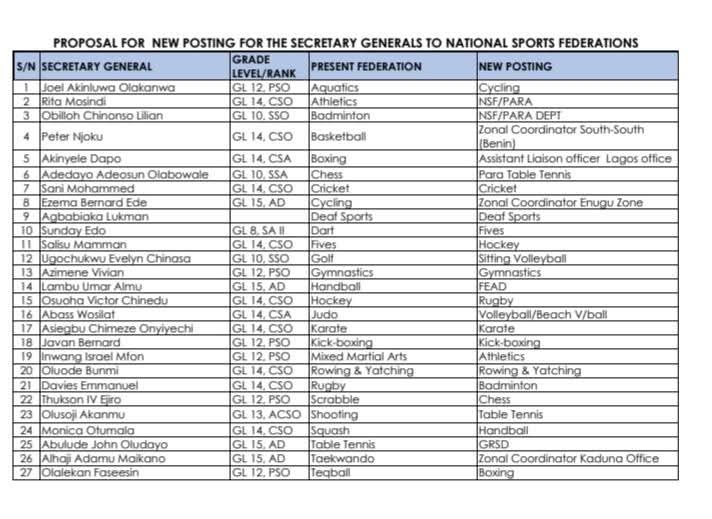FIFA eyes further World Cup revenue stream with parking passes
FIFA will once again attempt to delve into the pockets of World Cup 2026 attendees after announcing that the world governing body will sell parking passes near tournament venues.
A price point of between $75 – $175 per matchday – an eye-watering fee that, in some cases, would cost more than tickets to group matches last time out in Qatar.
It’s the latest in a long line of commercial plays attached to what is already shaping up to be the most lucrative sporting event ever staged. FIFA has projected revenues of $13 billion from the expanded 48-team tournament, hosted across 16 cities in North America.
The parking scheme, run in partnership with tech firm JustPark, is the first of its kind at a World Cup. At US-based venues, including NFL stadiums, fans have grown used to paying premium rates to park on gameday. But the prices FIFA has set, even by American standards, are steep – let alone for the worldwide audience these competitions hope to attract.
For the majority of US-based venues, group-stage parking costs $75 per match, which rises to $175 for a semifinal or the third-place game. Lincoln Financial Field in Philadelphia stands alone, listing group-stage parking at $115, with later rounds hitting $145.
For comparison, a Category 3 ticket to any group match in Qatar 2022 cost $69 – less than FIFA’s cheapest 2026 parking pass.
Where exactly those parking spaces will be remains something of a mystery. FIFA’s listings refer vaguely to “0 miles from the stadium,” while others specify long walks of up to 20 minutes. According to The Athletic, JustPark confirmed the distances are placeholders, with final locations to be “confirmed closer to the event date.”
The high prices reflect scarcity as much as strategy. Security zones, hospitality areas and fan parks will swallow up much of the usual stadium parking stock.
“It’s a Super Bowl build at Lincoln Financial Field,” said Meg Kane, spokesperson for the city’s World Cup host committee. “There will be a limited number of cars.”
Officials across several host cities are urging fans to use public transport, rideshares and shuttle services instead. That being said, the US remains heavily car-dependent, and many of the host venues are poorly served by public transit, creating what can only be described as a massive headache.
The parking initiative sits alongside FIFA’s aggressively tiered ticketing structure, resale platform and “right to buy” schemes – all part of a wider effort to maximise commercial yield.
Where previous World Cups leaned on sponsorship and broadcasting income, the North American edition is shaping up as an exercise in total monetisation – from tickets and hospitality to merchandise and transport.
At this stage, FIFA has not disclosed how many parking passes will be sold, nor whether fans can pay on the day.
For now, the message from FIFA is simple: every inch of the World Cup is for sale – and for much more than you might think.




Comments
Post a Comment